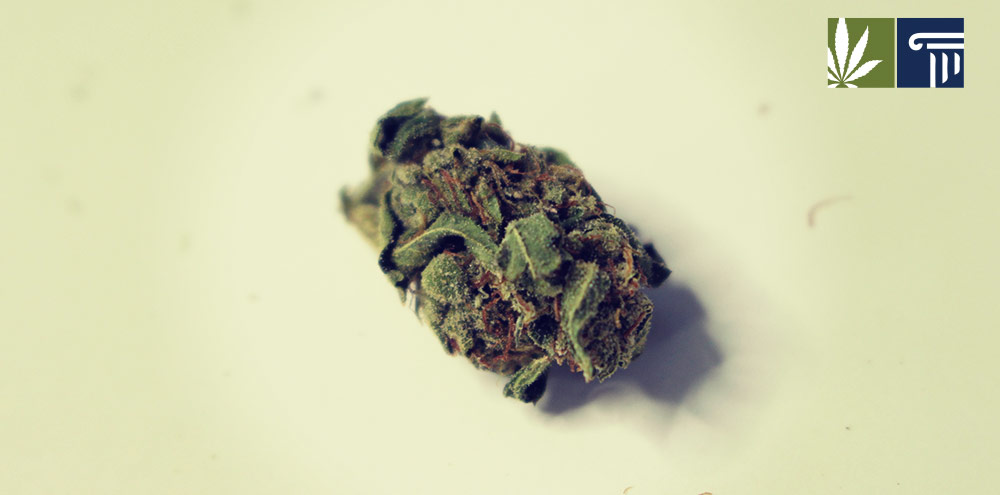South Dakota voters approved two ballot measures to legalize the recreational and medical use of marijuana.
The initiative to legalize adult-use marijuana is a constitutional amendment that received 53 percent of the vote, while the medical marijuana proposal is a statutory change that garnered 69 percent of the votes cast. Prior to the vote, South Dakota was one of only a few states yet to pass any marijuana reform legislation whatsoever.
“No state has ever moved from marijuana prohibition to allowing both medical use and adult-use access, quite literally, overnight,” said NORML Executive Director Erik Altieri. “These votes are a stunning rebuke to those elected officials that for decades have refused to move forward with substantive marijuana law reform legislation, and they are yet another indication of the near-universal popularity of these policy changes among voters in all regions of the United States.”
The recreational initiative – Constitutional Amendment A – legalizes the possession and distribution of up to one ounce of cannabis for adults 21 and older. Home cultivation is only allowed for MMJ card holders or in jurisdictions that choose to prohibit retail adult-use dispensaries. Once formally adopted by the legislature, the measure will become law on July 1, 2021.
The constitutional amendment charges the state’s Department of Revenue as responsible for drawing up and implementing the rules for the adult-use market where cannabis sales will be taxed at 15 percent. After covering the costs of administering a legal marijuana market, revenues generated by cannabis sales will be split among education programs and South Dakota’s general fund. The Department of Revenue, meanwhile, must finalize licensing regulations by April 1, 2022.
The medical initiative – Initiated Measure 26 – allows patients with debilitating conditions to purchase and use up to three ounces of cannabis from licensed dispensaries. The measure’s provisions stipulate South Dakota’s Department of Health as responsible for the medical marijuana program. The department has until October 29, 2021 to develop regulations and must issue MMJ cards to qualifying patients by the following month.
Both measures were fiercely opposed by Gov. Kristi Noem, who appeared in campaign ads to warn of the dangers of marijuana legalization ahead of the vote.
“I was personally opposed to these measures and firmly believe they’re the wrong choice for South Dakota’s communities,” Noem said to Argus Leader in the wake of the vote. “We need to be finding ways to strengthen our families, and I think we’re taking a step backward in that effort.”
A double yes vote on two marijuana legalization ballot measures in South Dakota was the surprise result of the night but recent polling on the issue would indicate such an outcome was likely. A poll from last month reported support for the adult-use cannabis measure at 51 percent, with 44 percent opposed and 5 percent undecided. Regarding the medical marijuana proposal, 74 percent of respondents said they are in favor of the policy change.
Matthew Schweich, deputy director of Marijuana Policy Project, noted the significance of each measure’s success in a traditionally conservative state with political leadership hostile to the policy changes.
“[South Dakota] is arguably the most conservative state yet to enact marijuana legalization. This victory has added significance at the federal level with top-ranking Republican Senator John Thune now representing a legalization state,” Scweich said.
Following the voters in South Dakota’s choice to legalize recreational cannabis and the success of similar measures on the same night in Arizona, New Jersey and Montana, there are now fifteen states plus the District of Columbia that allow adults to possess and use marijuana. The medical marijuana measure’s approval in South Dakota, alongside that of Mississippi on election night as well, means 36 states allow the use and sale of cannabis for medical purposes.






